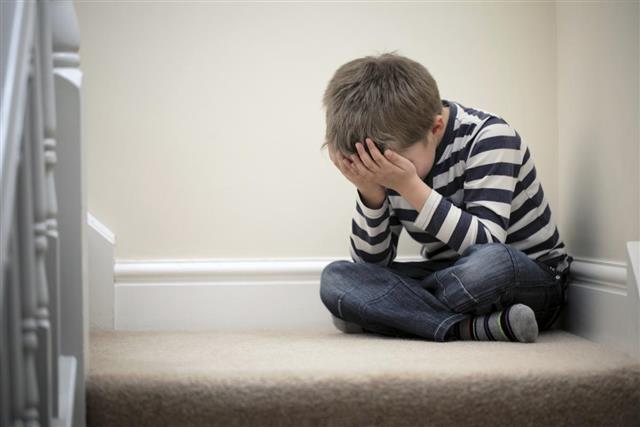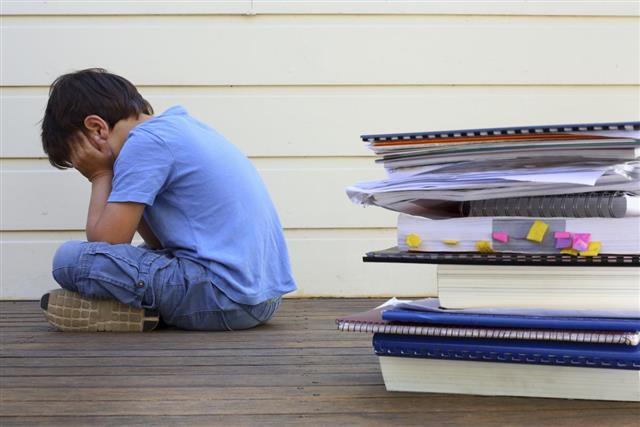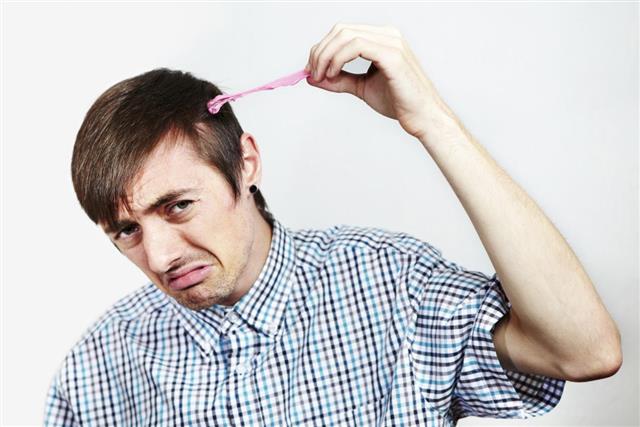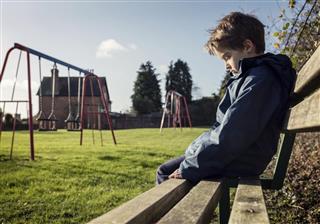
Peer pressure is an unavoidable influence that teenagers usually go through. Listed below are some of the well-known facts and varieties of peer pressure.
“The ugly reality is that peer pressure reaches its greatest intensity at just the age when kids tend to be most insensitive and cruel.” – Walt Mueller, President, CPYU
Peer pressure is a part of a person’s routine life. Commonly seen amongst teenagers, peer pressure can affect people’s lives irrespective of their age or sex. The intensity of peer pressure generally varies with age and maturity. Main reasons behind peer pressure are rising communication gap between parents and children, intense desire to be an acceptable member of a group and a highly impressionable mind that fails to distinguish between what is right and what is wrong.
Varieties of Peer Pressure
Spoken Peer Pressure
Here we see peers verbally influencing a teenager to behave the way they are behaving. e.g: A peer might be seen saying to a teen, ” Why are you wasting time studying Calculus? We still have a long time till the exams. Why don’t you come out for a smoke with us? It will be more fun!”
The teen who would have otherwise continued with his own way of life, listens to the peers and starts believing that the lifestyle led by his peers is more attractive. At times, he may see the downside of getting influenced by his peers, but his mind is set on becoming an acceptable member in his peer group, someone who would never be made fun of or teased.
Unspoken Peer Pressure
Here we see teenagers getting influenced by their peers without any provoking verbal communication taking place between them. If a teen routinely watches his peers living a particular kind of lifestyle, his mind gets influenced and starts assuming that his peers are leading a better life than him and that there is nothing wrong in doing something if everybody is doing it. Here, one’s common sense and better judgment often goes for a toss. e.g: A teen may start substance abuse or smoking if he sees all his friends doing it fearlessly.
Negative Peer Pressure
Teenagers’ minds are like soft clay which assume the shape of most impressive personality around them. The impression is often likely to be negative in nature. Teens have been known to have chosen a wrong path of life by taking to substance abuse, excessive drinking and smoking, thieving and shoplifting, etc. Such situations often lead to a criminal record and loss of an opportunity for a bright academic career. A negative peer pressure situation where peers are seen to ‘dare’ a teen to do something dangerous, often leads to death.
Positive Peer Pressure
Peer pressure is not always negative. Sometimes, it inculcates new hobbies, sporting spirit, health conscience or a tireless determination to succeed in life amongst teenagers. Positive peer pressure also can be seen in situations where a teen starts imbibing the qualities of a person he has never directly met such as from an Idol worship.
Adult Peer Pressure
A subtype of peer pressure, it has been observed amongst working professionals. An adult mind is not as easily impressionable as that of a teenager. However, adults are often seen turning to drinking or smoking habits after their peers suggest that these are the best remedies to relieve oneself of personal and work related stress. Similarly, adults have been known to turn corrupt after they have seen their seniors at work accept a bribe. Often, youngsters who start a new career make mistakes of spending excessively on costly products like mobile phones or avail of a huge loan to buy a new vehicle because of spoken or unspoken peer pressure to be like their professional counterparts. At such times, one needs to think rationally and make a conscious choice between right and wrong. It is quite natural to feel materialistic. However, it is best to purchase assets after carefully planning your finances.
Some of best ways to reduce or get rid of peer pressure is to teach your children at a very young age, to make rational decisions on their own. When a person can identify the negative implications of getting influenced by his peers, only then will he be able to protect himself. Parents need to ensure that their children are made to feel special and unique. A child should be made to understand that his unique qualities make him the person that he is and it is not required to behave like any of his peers. Parents may support new positive friendships and shield their children against negative ones. Lastly, bridging the communication gap between the parents and teenagers is the most effective tool against peer pressure.














